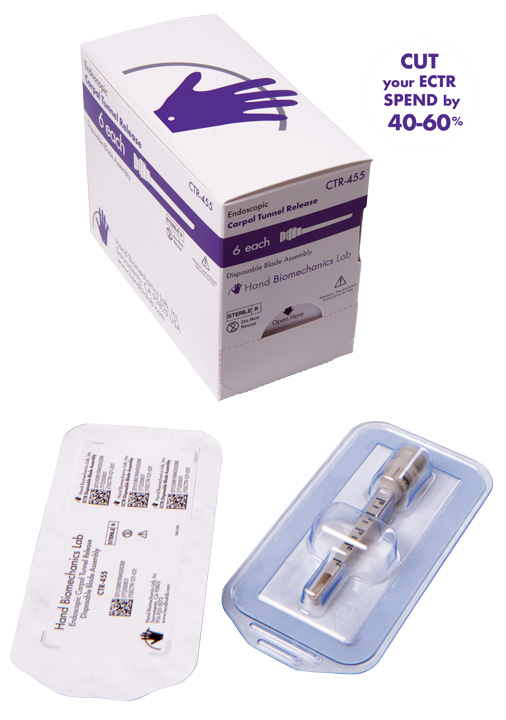More hand surgeons and their healthiest patients are opting to have these surgeries performed on the spot.
 QUICK RELIEF Hand surgeons are increasingly diagnosing patients’ carpal tunnel syndrome at their offices and, in some cases, performing the corrective surgeries there the same day.
QUICK RELIEF Hand surgeons are increasingly diagnosing patients’ carpal tunnel syndrome at their offices and, in some cases, performing the corrective surgeries there the same day.
Procedures like carpal tunnel release are among the many that are moving from hospitals and ASCs to physician offices as more robust data continues to emerge confirming positive outcomes in the setting. "The more data that becomes available, the more likely it is that the number of procedures and the types of procedures in office settings will also increase," says Linda Cendales, MD, a hand and transplant surgeon and professor of surgery at Duke Health in Durham, N.C.
Hand surgery is one specialty, along with ENT, ophthalmology, dermatology and certain GYN cases, where relatively straightforward procedures are regularly performed on otherwise healthy patients in office settings due to brief operating times. This development is an obvious patient-pleaser for reasons that go beyond removing the need to drive to and navigate a hospital or schedule a procedure at a surgery center. Dr. Cendales says for simple cases, patients visiting the office for an evaluation of their condition can often get the necessary surgery right there, on the same day.
"This not only benefits local patients but also patients who come from out of town because the scheduling is faster, more efficient and flexible," says Dr. Cendales. "Some patients really prefer the office because they can just walk in, have the short procedure and walk out without having to stop eating the night before or getting someone to drive them to surgery."
Hand surgeries she finds appropriate to perform in the office include carpal tunnel release, volar wrist ganglion, trigger finger release, superficial soft tissue mass removals, nailbed injuries and others that don’t cause significant bleeding or require metal implants.
Dr. Cendales says advances in "wide-awake anesthesia" have facilitated the migration of certain surgeries to office settings. She says the technique has proven effective, inexpensive and popular with patients. A crucial consideration, however, is patient selection. Only the healthiest patients should be offered this option.
For busy ASCs, the office migration can prove a blessing in disguise, allowing physicians who work at these facilities to perform simple cases in their offices, freeing the ASC’s ORs for more complex and potentially more lucrative cases in the process.
.svg?sfvrsn=be606e78_3)



.svg?sfvrsn=56b2f850_5)